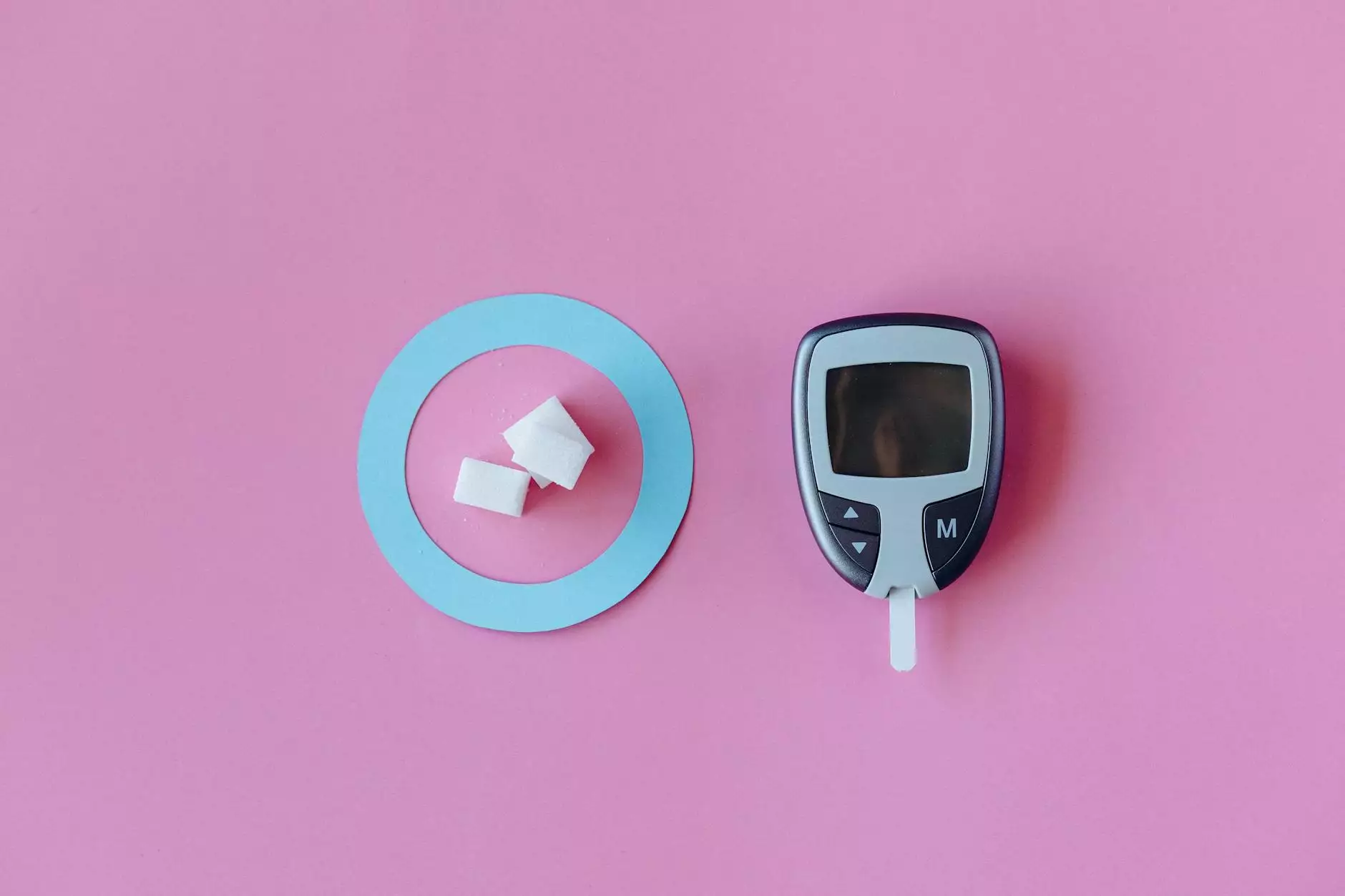The Intriguing World of Blood Clots: Exploring the Meaning and Importance

When it comes to matters of health and well-being, understanding the blood clot meaning is crucial for maintaining optimal vascular health. Blood clots play a significant role in the body's natural healing processes, but they can also pose serious risks if not properly managed.
What Are Blood Clots?
Blood clots are clumps that form when blood thickens and clumps together. They are a natural response by the body to stop bleeding and promote healing after injuries. However, when blood clots form inappropriately, they can obstruct blood flow and lead to serious health issues, such as stroke, heart attack, or pulmonary embolism.
The Importance of Understanding Blood Clots
For individuals in the realm of Vascular Medicine, such as doctors and health professionals, a comprehensive understanding of blood clots is essential. Being able to recognize the signs and symptoms of abnormal blood clotting can help in early detection and prompt treatment, potentially saving lives.
Common Misconceptions About Blood Clots
There are several misconceptions surrounding blood clots that can hinder proper understanding and management. One common myth is that only older individuals are at risk of developing blood clots. In reality, anyone, regardless of age, can experience issues related to blood clotting.
Preventing Blood Clots
For individuals in the field of Vascular Medicine, educating patients about preventive measures is crucial. Simple lifestyle changes, such as staying active, maintaining a healthy weight, and avoiding prolonged periods of inactivity, can significantly reduce the risk of developing harmful blood clots.
Seeking Professional Guidance
If you or a loved one have concerns about blood clots and their implications, it is important to consult with a qualified healthcare professional. Doctors specializing in Vascular Medicine can provide personalized guidance and treatment options tailored to your specific needs.
Conclusion
In conclusion, understanding the blood clot meaning is an essential component of maintaining optimal vascular health. By staying informed about the risks and preventive measures associated with blood clots, individuals can take proactive steps to safeguard their well-being. For those in the realm of Vascular Medicine, continuous education and awareness are key to providing excellent patient care.









